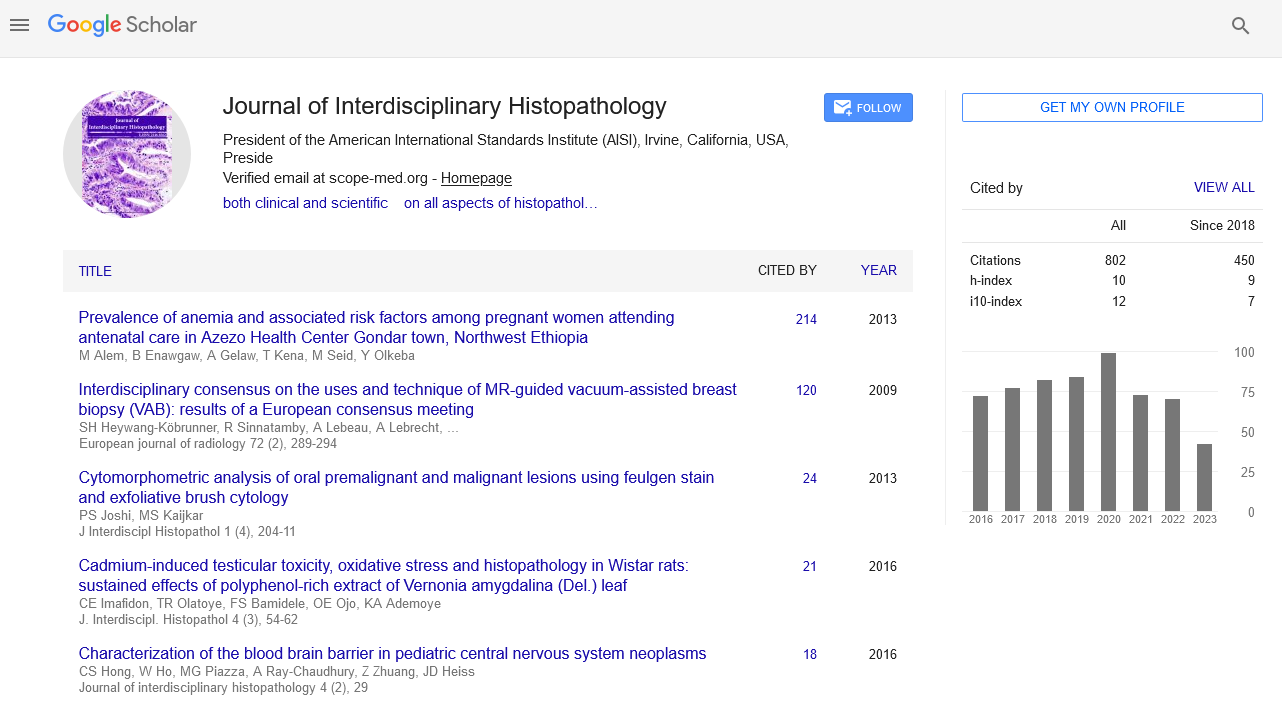Molecular subtypes and conventional prognosticators for prediction of recurrence in a cohort of primary breast carcinoma: A Classification and Regression Trees-guided algorithm
Abstract
Saba El-Gendi, Iman Talaat, Ghada Abu-Sheasha
Objectives: Surrogate immunohistochemical classification of breast carcinoma into molecular subtypes was reported to provide additional prognostic information. We aimed to investigate the prognostic value of this surrogate classification and to develop an algorithmic approach for the prediction of tumor recurrence. Materials and Methods: A retrospective cohort of 176 breast carcinomas was reclassified into the molecular subtypes using estrogen receptor, progesterone receptor, human epidermal growth factor receptor 2 (HER2)−neu and Ki-67. The significant predictors of survival as determined by bivariate analysis were entered into a Classification and Regression Tree (CART) model to identify the independent predictors. Results: CART classified the study sample according to the Ki-67 index at a cutoff of 21% into two categories with significant differences in the hazard rate. Patients whose Ki-67 was <21%, exhibited the best prognosis irrespective of the molecular subtype. Patients whose Ki-67 was ≥21% were categorized into two groups. The Luminal B HER2− patients revealed a better prognosis - that worsened if the nodes were positive or the progesterone receptor (PR) was negative or low - while Luminal B HER2+, HER2 enriched and triple negative types displayed the worst outcome, with lymphovascular invasion predicting the worst prognosis irrespective of the molecular subtype. Conclusions: Ki-67 at a cutoff value of 21% represents a reliable prognostic marker in the management of breast carcinoma patients. Low Ki-67 index (<21%) predicts the best outcome irrespective of the molecular subtype. A high Ki-67 index, combined with nodal metastasis and low PR status recognize hormone receptor positive patients with expected adverse outcome who might benefit from chemotherapy in addition to the hormonal therapy






